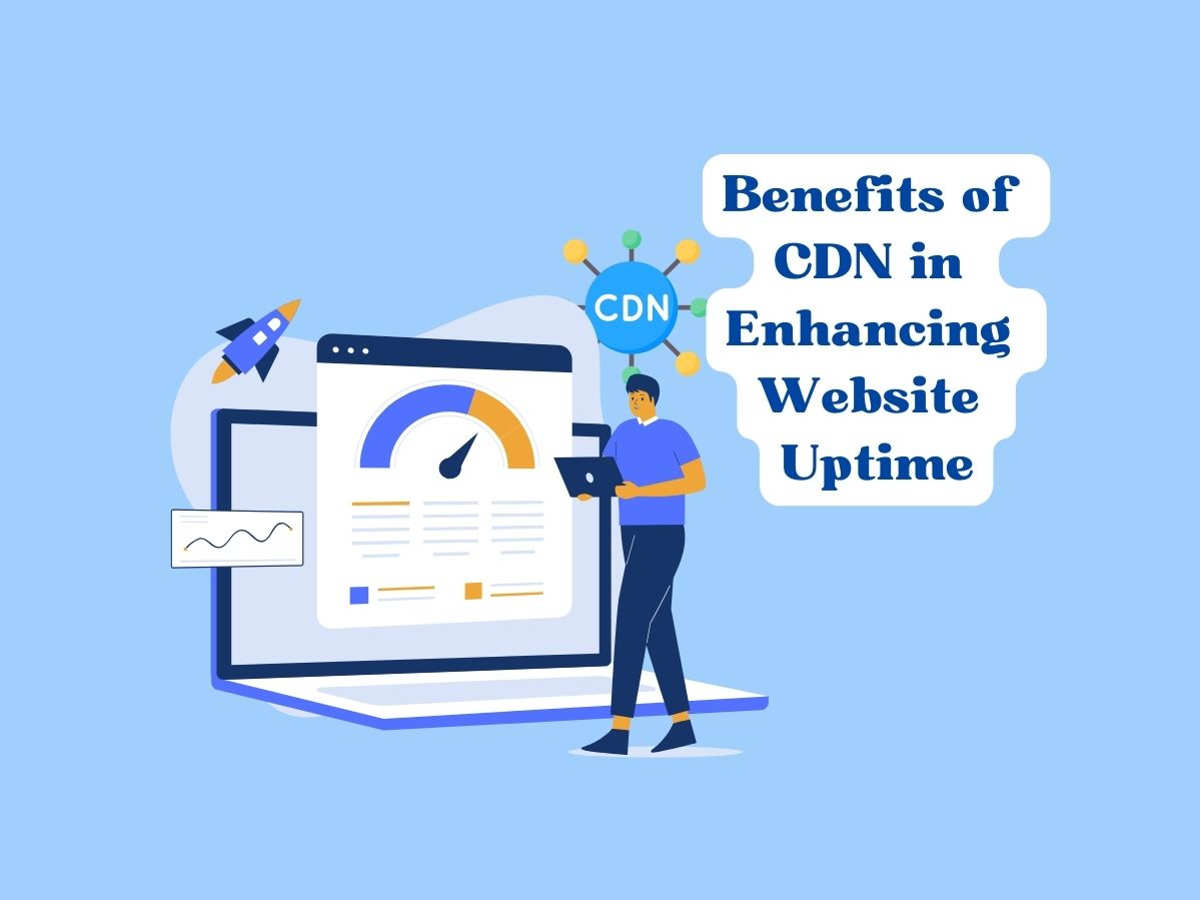
Benefits of CDN in Enhancing Website Uptime
The reality of online business is that your website is no longer a single point of operation; it is the hub in a wheel, a vast interconnected network that spans the globe. As your digital footprint grows, so does the demand on your website’s infrastructure. This ever-increasing demand can pose operational challenges, with website uptime being of paramount importance. One essential technology that shines in maintaining smooth website operations is the Content Delivery Network (CDN). A CDN ensures that your website remains live, fast, and responsive, regardless of traffic spikes or the physical distance between your server and users. Let’s explore how incorporating a CDN can enhance your website uptime.
What is a CDN?
A CDN is a network of servers strategically located across various geographical locations. These servers, known as Points of Presence (PoP), store cached versions of your website’s static content, including images, stylesheets (CSS files), JavaScript files, and videos.
When a user requests to access your website, the CDN routes that request to the nearest PoP, providing users with accelerated speeds and reliable access due to reduced latency.
CDN – Enhancing Website Uptime
Here are how a CDN plays a vital role in boosting your website’s uptime:
1. Traffic Management
Handling high traffic can be a daunting task for a single server leading to potential downtime. A CDN mitigates this by spreading the web traffic across its network of servers. By routing user requests to the nearest PoP, a CDN ensures that no single server is overwhelmed.
2. Caching
By storing cached versions of your content, a CDN can respond to user requests even when your primary server becomes unavailable, thereby helping maintain website uptime and continuity in services.
3. Redundancy and Failover
Distributed in nature, a CDN features built-in redundancy. If one CDN server fails, the network immediately reroutes traffic to the next best alternative available. This seamless failover mechanism helps prevent website downtime.
4. DDoS Protection
CDNs are equipped to protect your website from Distributed Denial of Service (DDoS) attacks, which intend to overwhelm your server and cause downtime. Since Content Delivery Network networks distribute the traffic, they greatly reduce the risk of such attacks hitting your main server.
5. Speed Enhancement
A slow-loading site is as damaging as a site that isn’t accessible. Reduced load times, a primary function of CDNs, contribute to site availability and impede user drop-off caused by high latency.
Conclusion
Guaranteeing your website’s uptime is crucial in today’s hyper-digital age. A period of downtime can result in lost revenue, undermine customer trust, and tarnish your brand’s reputation. Luckily, a Content Delivery Network can ensure that your website remains accessible and speedy, no matter how far your users are or how much your site’s traffic fluctuates.
While incorporating a Content Delivery Network requires investment, the benefits it brings in maintaining uptime, delivering speedy web experience, reducing bandwidth consumption, and safeguarding your site against DDoS attacks make it worthwhile. The future of a seamless web is in technologies that extend beyond borders and deliver the local experience globally, and a Content Delivery Network does precisely that!







